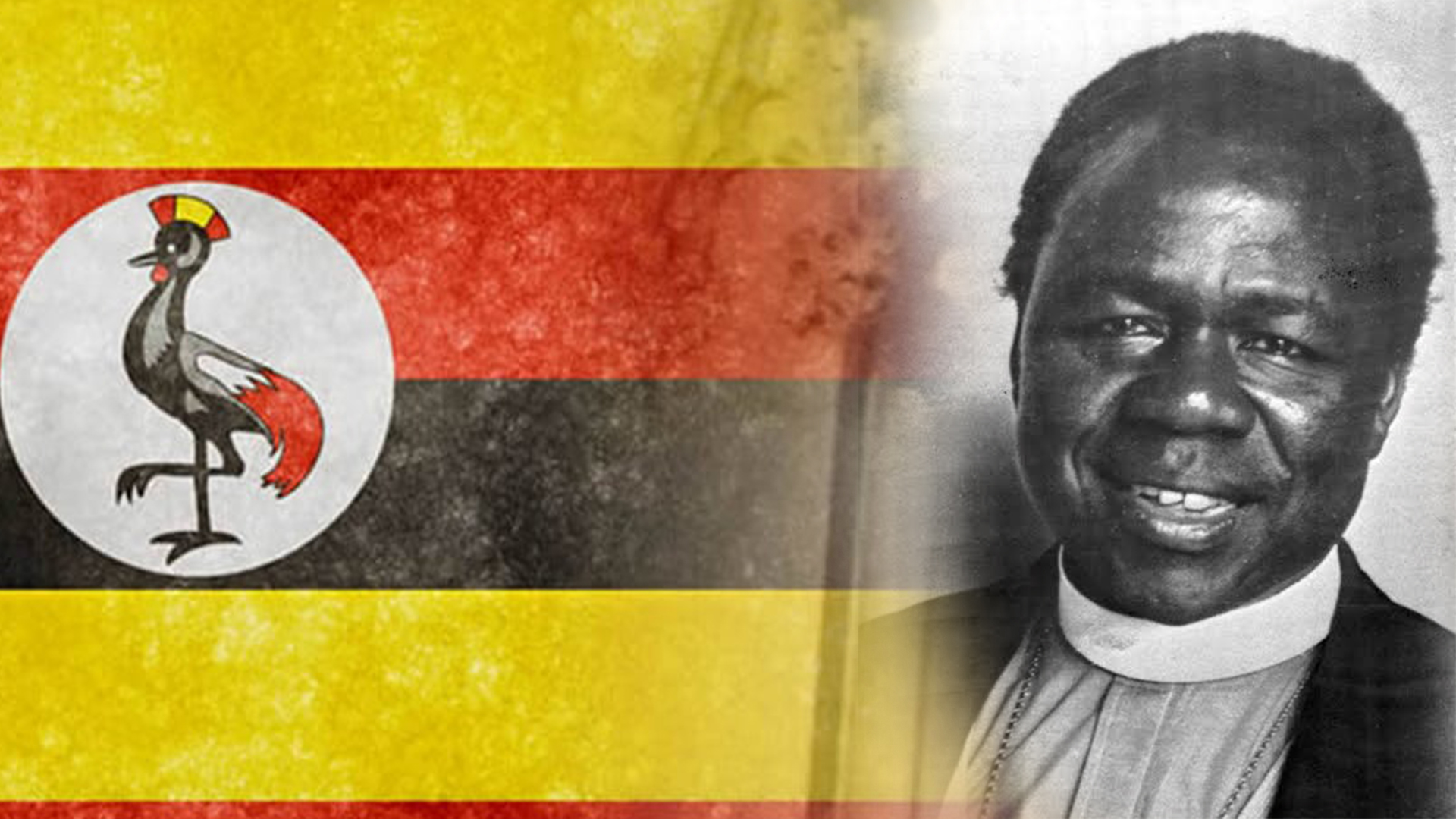Today, we mark Archbishop Janani Luwum Day as a solemn occasion in Uganda. It is a time to reflect on the life and legacy of a man who played a huge role in the country’s religious and political history
Archbishop Janani Luwum was a leading figure in the Anglican Church and an outspoken critic of the oppressive regime of then-President Idi Amin, which ultimately led to his martyrdom. His story is not just a tale of courage and faith but also serves as a reminder of the struggles against tyranny and injustice.
Born in 1922 in Acholi, Northern Uganda, Janani Luwum grew up in a time of great transformation in Uganda, witnessing the country’s journey towards independence.
His early education was rooted in the Anglican faith, and he soon felt a calling to the ministry. His dedication to the church led him to theological studies in Uganda and later in the United Kingdom, after which he was ordained a priest in 1956.
Luwum’s rise within the church was rapid, reflecting his profound commitment to his faith and community. In 1969, he was consecrated bishop of Northern Uganda, and by 1974, he was appointed Archbishop of the Church of Uganda, Rwanda, Burundi, and Boga-Zaire, becoming a prominent religious leader in East Africa.
Archbishop Luwum’s tenure as Archbishop coincided with one of the most tumultuous periods in Uganda’s history. Idi Amin’s military regime, which took power in 1971, was marked by widespread human rights abuses, including extrajudicial killings, disappearances, and persecution of political opponents. Luwum became an outspoken critic of the government, voicing his concerns about the regime’s brutal tactics and the suffering of the Ugandan people. His position as a religious leader gave him a significant platform, but it also put him at direct odds with Amin’s government.
The Archbishop’s outspokenness was not without risk. In February 1977, Luwum was arrested along with other high-ranking officials, accused by Amin’s government of treason. The official narrative quickly turned tragic when the government announced that Luwum had died in a car accident.
However, widespread reports and eyewitness accounts contradicted this claim, suggesting that he had been murdered by government forces. The Anglican Communion and international community condemned the act, viewing Luwum’s death as martyrdom for his faith and his unyielding stand for justice and human rights.
Luwum’s death became a turning point, galvanizing opposition to Amin and drawing international attention to the plight of Uganda. His martyrdom is remembered as a testament to the power of faith and moral conviction in the face of tyranny.
The legacy of Archbishop Janani Luwum extends beyond his martyrdom. He is celebrated for his commitment to social justice, his courage in speaking truth to power, and his unwavering faith. His life and death have left an indelible mark on Uganda’s religious and political landscape, serving as a reminder of the cost of freedom and the enduring strength of the human spirit.
His life exemplifies the importance of moral courage and the impact one individual can have in challenging injustice. It underscores the role of religious leaders not just in spiritual guidance but in advocating for social and political change. Furthermore, Luwum’s martyrdom highlights the risks associated with speaking out against oppression but also the potential to inspire change through such sacrifice.
In commemorating Archbishop Janani Luwum Day, Uganda not only honors the memory of a national hero but also reflects on the values he embodied. His story is a call to remember the past, to stand firm in the face of injustice, and to work towards a future where freedom and dignity are afforded to all




